Life
Denhoff has lived and worked in Bonn since 1982. He studied at the Hochschule für Musik und Tanz Köln, where his teachers included Günter Bialas and Hans Werner Henze (composition), Siegfried Palm and Erling Blöndal Bengtsson (cello) and the Amadeus Quartet (chamber music). As a composer and chamber musician, he occupied various teaching posts, including a lectureship in composition at the University of Mainz (1984–85) and a guest professorship at the National Conservatory of Hanoi (1997–99). From 1985 to 1992 he also conducted the Akademische Orchester Bonn, which he founded. As a cellist, he formed the Denhoff Piano Trio with his brother Johannes (violin) and the pianist Richard Braun. Since 1992, he has been a member of the Ludwig Quartet of Bonn, and he also works closely with the pianist Birgitta Wollenweber. As a composer, he has won several prizes and distinctions, including the Bernd Alois Zimmermann Prize (1986) and the Annette von Droste-Hülshoff Prize (1989).
Denhoff's music shows the influence of poetry and the visual arts. Several of his orchestral and chamber works have been inspired by lyrics and paintings. Thus, there are instrumental works and cycles based on pictures by Marc Chagall, Paul Klee, Wassily Kandinsky, Albrecht Dürer and especially Francisco Goya (El sueño de la razon produce monstruos, 1982; Desastres de la guerra, 1983; Los disparates , 1988). The literary figures who have most left their mark on his music are Ranier Maria Rilke, Paul Celan, Samuel Beckett and Stéphane Mallarmé. Other works characteristic of his compositional thought include cycles in the form of 'musical diaries' (Klangtagebuch, 1984; Hebdomadaire, 1990). The most significant of these works is the piano quintet Hauptweg und Nebenwege (1998), which lasts nearly three hours. This piece gathers together the essential aspects of his music, their relationship to musical tradition, and also the influences of literature and the visual arts.
Denhoff's compositional vocabulary shows evidence of a sensitive feeling for harmony and form, whose roots are to be found in composers such as Bernd Alois Zimmermann, Olivier Messiaen, Morton Feldman and György Kurtág.
CDs featuring Denhoff's works are available on the WERGO, Col Legno and Cybele labels.

Josef Paul Labor was an Austrian pianist, organist, and composer of the late Romantic era. Labor was an influential music teacher. As a friend of some key figures in Vienna, his importance was enhanced.

Jenő Takács was a Hungarian composer and pianist.

Aribert Reimann was a German composer, pianist, and accompanist, known especially for his literary operas. His version of Shakespeare's King Lear, the opera Lear, was written at the suggestion of Dietrich Fischer-Dieskau, who performed the title role. His opera Medea after Grillparzer's play premiered in 2010 at the Vienna State Opera. He was a professor of contemporary Lied in Hamburg and Berlin. In 2011, he was awarded the Ernst von Siemens Music Prize for his life's work.
Anton Heiller was an Austrian organist, harpsichordist, composer and conductor.

Hans Sitt, was a Bohemian violinist, violist, teacher, and composer. During his lifetime, he was regarded as one of the foremost teachers of violin. Most of the orchestras and conservatories of Europe and North America then sported personnel who numbered among his students.
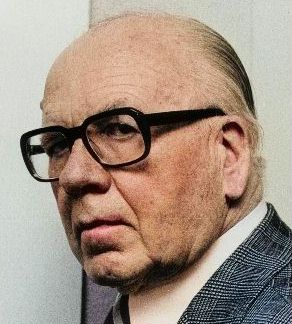
Wolfgang Fortner was a German composer, academic composition teacher and conductor.

Leopold van der Pals was a Danish/Dutch modernist composer who developed a personal and lyrical style in composing by involving elements of late romanticism, expressionism and impressionism.
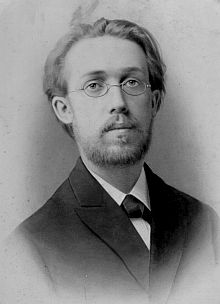
Waldemar Edler von Baußnern was a German composer and music teacher.
Thomas Pernes was an Austrian avant-garde composer and performance artist who lived and worked in Vienna. He studied piano with Bruno Seidlhofer and composition with Roman Haubenstock-Ramati.
Paul Angerer was an Austrian violist, conductor, composer and radio presenter.

Hermann Ritter was a German viola player, composer and music historian.
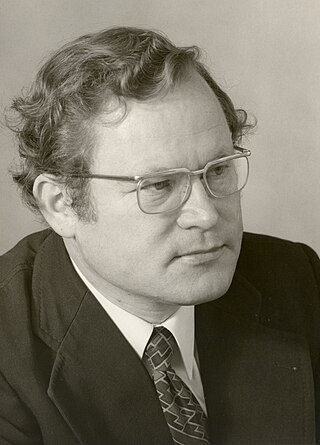
Herbert Blendinger was an Austrian composer and viola player of German origin.
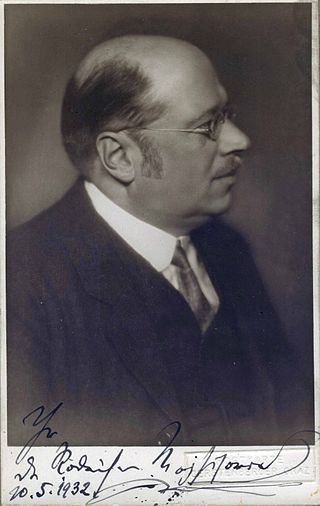
Roderich Mojsisovics von Mojsvár was an Austrian composer based in Graz, head of the Schule des Musikvereins für Steiermark there.
Lutz Landwehr von Pragenau is a German composer of classical music.
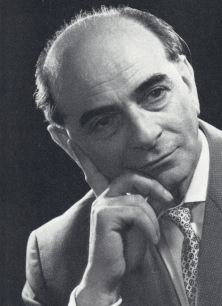
HansWinterberg was a Czech-German composer.
Karl Michael Komma was a German composer and music-publicist.
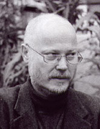
Bernhard R. Appel is a German musicologist. His research focuses on the life and work of the composer Robert Schumann, music history of the 18th and 19th centuries, Ludwig van Beethoven's works, compositional creative processes as well as methodology, theory and practice of music philology, in particular genetic textual criticism and digital music edition. In addition, Appel deals with the history of the viola da gamba.
Christian Henking is a Swiss composer, conductor and choir leader.
Casimir von Pászthory was an Austrian composer. His music, which is stylistically rooted in the Wagner-Strauss tradition, without renouncing elements of his own style, has largely fallen into oblivion today. It experienced at least a partial renaissance in 2004 with a revival of the opera Tilman Riemenschneider on the occasion of the 1300th anniversary of the city of Würzburg.

Wolfgang Schoor was a German composer, who wrote orchestral works, song cycles and chamber music and the music for numerous children's and documentary films and radio plays.
This page is based on this
Wikipedia article Text is available under the
CC BY-SA 4.0 license; additional terms may apply.
Images, videos and audio are available under their respective licenses.












